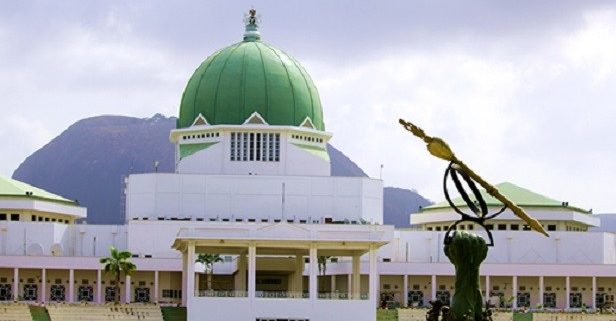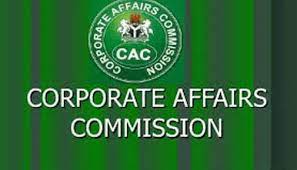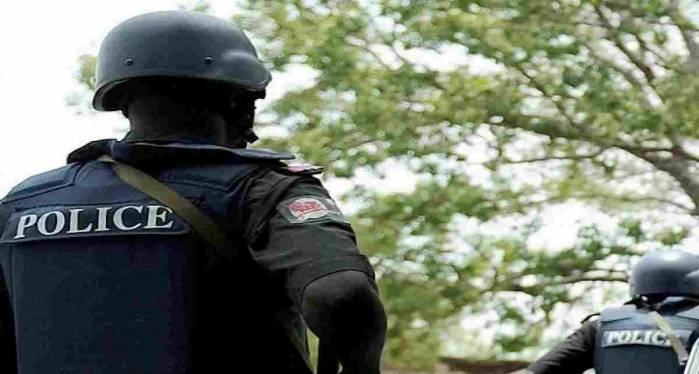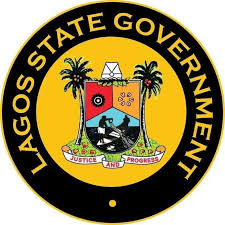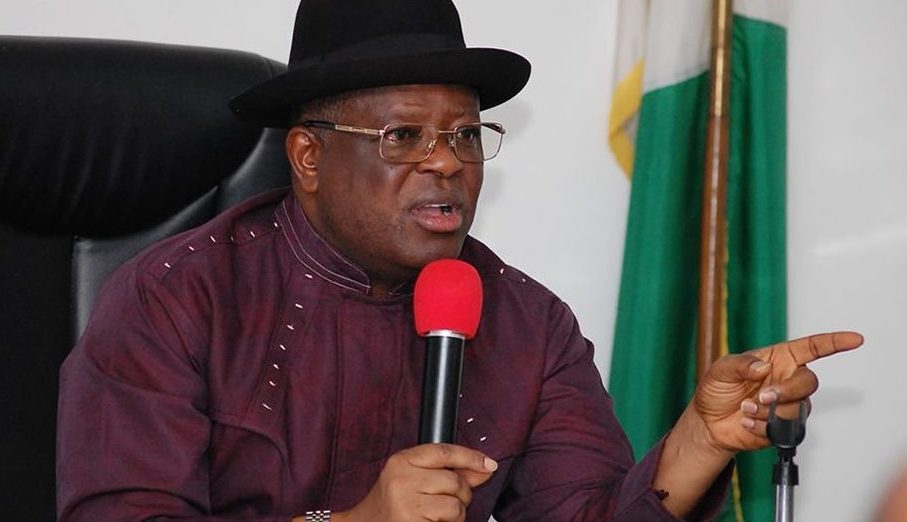The legislature, one leg of the tripod that holds democratic system of government in Nigeria, has suffered different forms of disrespect and intrusion since the return of democracy on May 29, 1999.
Political parties in power, godfathers and the Executive Arm of Government always have keen interest in the affairs of the legislators and who should be their Principal Officers.
As a result, these interest groups consciously encroached on the independence of the legislature whenever it is time to inaugurate a new National Assembly.
Any effort by the legislators to extricate themselves from such interference is met with backbiting, harassment and intimidation from the Executive Arm with obvious support from the leadership of the party in power.
Of three arms of government, the Legislature has been the target of external forces. The reason for this is not unconnected with who controls the National Assembly and their major decisions. Godfathers lobby for the candidates within their camps believing that their interests will be well protected when their acolytes occupy the top seats of the House.
Besides, the Executive Arm always prefers the emergence of the House leadership that is not quizzical and so can work with it in making laws and facilitating easy passage of bills, budgets and other duties of government devoid of antagonism.
Some top functionaries of government had in the past tried to incite the citizens against the legislature by labeling the lawmakers as thieves and people that are only concerned about their pockets to the detriment of the welfare of other Nigerians.
At different times also, the legislators have been described with unprintable words and accused of cornering constituency projects funds for personal use. But such an accusation has been proven to be false as no lawmaker receives any cash for constituency projects as revealed by a former lawmaker who said that the money for such projects is factored into the annual budget of the House.
Presently, the rush to anoint House Principal Officers is ongoing. APC, the party with the majority at both chambers has already handpicked their anointed candidates and urged other lawmakers on their platform to queue behind such candidates.
National Chairman of the party, Adams Oshiomhole, said recently that the party must have its way on who should emerge the National Assembly Principal Officers and not the legislators themselves.
Oshiomhole, while addressing the elected legislators of the APC in Abuja said, “We shall not again share any of the critical positions in the leadership of the National Assembly with the opposition PDP, including chairmanship of sensitive committees. APC will nominate the right candidates to occupy the Speaker, Deputy Speaker, and others.”
Oshiomhole has never occupied any seat in any of the two chambers of the National Assembly as an elected lawmaker.
If the unexpected happens in a few weeks’ time and candidates other than the party’s nominees are elected as House Principal Officers, intimidation and other clandestine moves will follow to make the seats uncomfortable for the new leadership for going against the party’s directive.
READ ALSO: How We Recovered $779.5m, N59.2bn Stolen From Nigeria – Attorney General
Threat of impeachment which is one of the instruments of intimidation will also follow. The impeachment card against the leadership of the legislature was a tool which past administrations exploited to their disadvantages.
In the first few years of democracy, under Chief Olusegun Obasanjo, the legislature witnessed frequent leadership changes at both chambers.
The proverbial banana peels, led to the fall of some of the seasoned leaders at both chambers. At the time, the lawmakers were easily enticed with the contents of ‘Ghana must go’ bags.
In the first eight years of democracy, Evans Enwerem, Chuba Okadigbo, Anyim Pius Anyim, Adolphus Wabara and Ken Nnamani were the occupiers of the Office the Senate President of the Federation. Most of them were victims of the banana peels usually threw into the chambers by the Executive Arm through their cronies.
Former Senate President, David Mark, confirmed the existence of the banana peels and how he sidestepped them through the support of his colleagues for eight years as the President of the Senate.
”it was the grace of God, the support and prayers of our people and collective will of my colleagues that helped me evade the banana peels for eight years,” he said.
Relatively, between 1999 and 2007, Salisu Buhari, Ghari Umar Na’Abba, Aminu Masari, Patricia Etteh and Dimeji Bankole were Speakers of the House of Representatives at different times.
However, the outgoing Senate got more harassment and intimation that were targeted at its leadership more than any other Senate in the 20 years history of current democracy.
In August last year for example, the National Assembly witnessed total blockade by masked/armed personnel from the Department of State Service, DSS, in what many lawmakers claimed was a move to effect leadership change in the chambers and prevent the defection of some senators from the ruling party to the opposition party.
The plot however, failed and the House’s leadership has remained intact despite threats of impeachment and litigation. But that siege remained a sour point in the history of the nation’s democracy. The action also received condemnations from lovers of democracy within and outside the country.
Those who spoke at the time of siege described it as a dangerous assault and serious threat to the nation’s democracy and the legislature as an independent arm of government.
One of those who condemned the assault was Ahmed Makarfi, a former governor of Kaduna State.
According to him, “It is a clear breach of one of the fundamental tenets of presidential democracy, which provides for separation of powers. It also constitutes a serious abuse of the fundamental human rights of the targeted individuals, both the Presiding Officers and defectors because the right to associate in inalienable.”
Some of the lawmakers were also labeled criminals and were chased about by the security agents.
Recall that the homes Senate President, Dr Bukola Saraki, his deputy, Dr. Ike Ekweremadu were raided by security operatives.
Similarly, Kogi-born Senator Dino Melaye was not spared as he had several confrontations with security agencies.
In addition, on April 18, 2018, the hallowed Chamber of the Senate was broken into and the symbol of authority, the mace, taken away.
Surprisingly, the hoodlums who committed the offence in the present of security operative were not made to face the music for their unholy act; instead the matter was swept under the rug.
Likewise, the outgoing National Assembly was snubbed several times by government functionaries who refused to honour some of lawmakers’ invitation. The opposition PDP, at the time warned that such snubbing of the lawmakers was a direct assault to the nation’s democracy but nothing was done to the culprits.
For instance, in May, 2018, the former Inspector General of Police, Ibrahim Idris, was invited by the Senate severally but he failed to honour such invitations. Other individuals who toed Idris’ line of action in shunning the legislators equally got away with their action.
